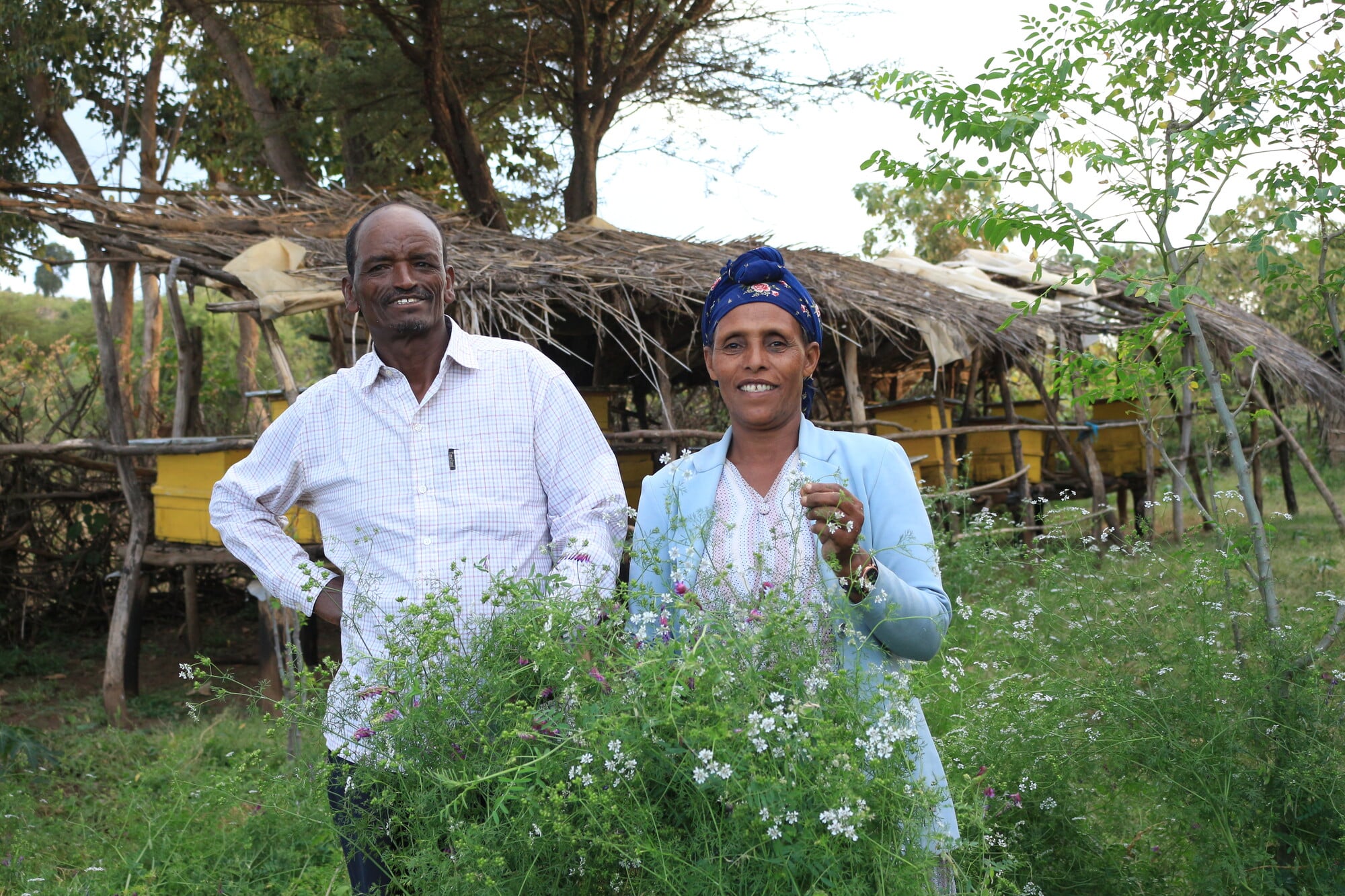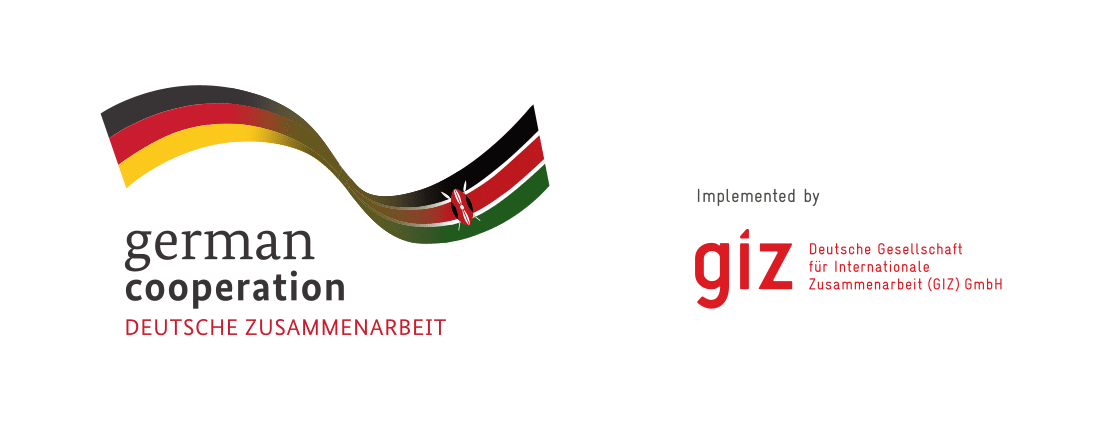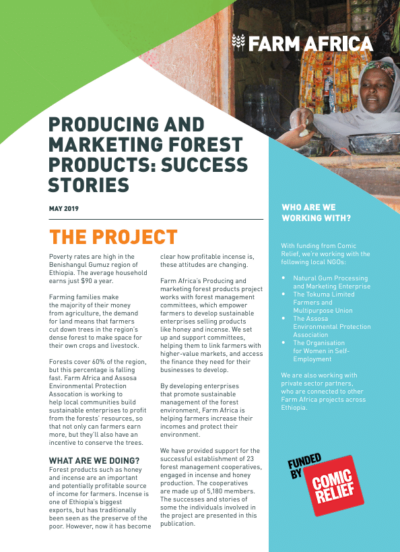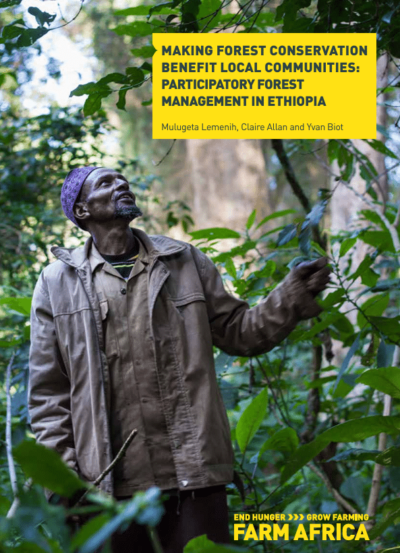Programme
Complete
Producing and marketing forest products
Country
Ethiopia
Running from
2019-2021
People reached
23,356
Key focus areas
Boost productivity
Increase incomes
Protect ecosystems

Despite being seen as the preserve of the poor, forest products, such as honey, gum and incense, are a potentially profitable source of income for farmers. Women, young people, refugees and displaced people are the main groups that harvest wild forest products.
Along with the Assosa Environmental Protection Association, Farm Africa worked with forest management committees, which empower farmers to set up sustainable enterprises producing and selling products like honey and incense.
The committees helped farmers build better markets, access finance for their businesses and incentivise them to conserve forests. This project helped broker agreements between forest users and the government on using the area’s natural resources sustainably.
3,912
families directly worked with the project through new forest management cooperatives.
This project was funded by The German Corporation for International Cooperation (GIZ). It built on previous project success with Comic Relief, who funded the establishment of 23 forest management cooperatives and 106 Village Saving and Loan Associations, reaching a total of 5,381 people from June 2016 to July 2019.
The GIZ strengthened these 23 cooperatives and funded the setting up of new forest management cooperatives in six new areas in Benishangul-Gumuz, directly working with 3,912 families.

Country
Ethiopia
Key focus areas
Boost productivity
Increase incomes
Protect ecosystems
Producing and marketing forest products: success stories
Poverty drives deforestation in Ethiopia’s Benishangul Gumuz Region. Farm Africa is supporting forest users to sustainably profit from forests’ resources. This publication presents stories that look at how people and forests can thrive together.
Download (1.69mb)

Country
Ethiopia
Key focus areas
Boost productivity
Increase incomes
Protect ecosystems
Country
Ethiopia
Key focus areas
Increase incomes
Protect ecosystems
Making forest conservation benefit local communities
An overview of how local communities and governments can develop formal agreements to manage forests and rangelands together, conserving forests and raising smallholder incomes. (July 2015)
Download (556.46kb)

Country
Ethiopia
Key focus areas
Increase incomes
Protect ecosystems

